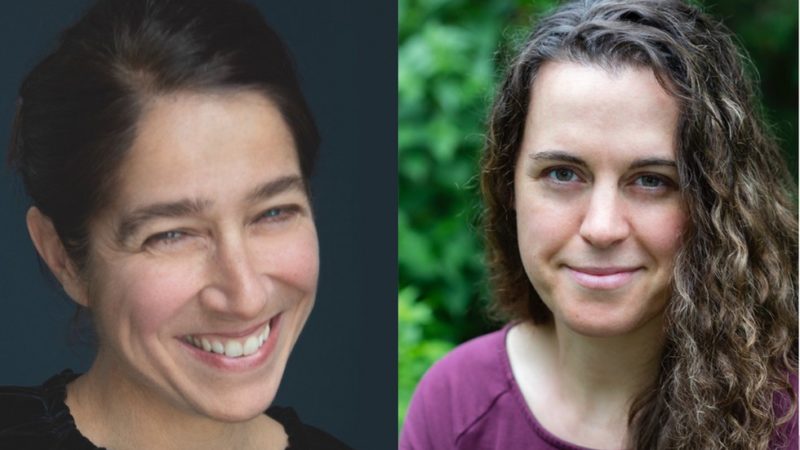
Valley Talks, a series of biweekly historical lectures by the Museum of Work & Culture, continues Sunday, February 21 at 1pm on Zoom.
Writers Kerri Arsenault and Rebecca Altman will present “Paper or Plastic? Legacies of Work, Family, Community” a discussion of their work about North American manufacturing and the environmental, political, and personal legacies it has left behind.
Arsenault grew up in the rural working-class town of Mexico, Maine, where for over 100 years the community orbited around a paper mill that provided jobs for most people, including three generations of her family, which is the focus of her book, Mill Town: Reckoning with What Remains. She had a happy childhood, but years after she moved away, she realized the price she paid for that childhood. The price they all paid. The mill, while providing community, jobs, stability, also contributed to the destruction of the environment and their lives. Mill Town examines and interrogates the modern world and its contemporary conundrums: the rise and collapse of the working-class; the hazards of nostalgia and memory; the ambiguous nature of toxics and disease; and how the past affects our present-day lives. At the center of the narrative is this central question; who or what are we willing to sacrifice for our own survival?
Altman’s forthcoming book, The Song of Styrene, contains an intimate story about a seemingly un-intimate thing: plastic. Plastics are personal to Rebecca, not only because her father made plastic, but because plastic is so embedded in our everyday lives, bodies, even used in life-saving medical devices. This intimacy, Rebecca writes, also stems from plastics’ connection with changing climate, water-borne legacy contaminants, and other far-reaching consequences wrought by petrochemical production. The systems integral to plastics are as complex a system as a human heart or her family tree. This marriage of petroleum with oil hurtles across history and family, science and emotion, macro and micro to produce something unmanageable, unrecyclable, and ultimately inextricable from our planet and our lives. Plastics are humankind’s legacy.
This year’s series is presented as part of the Rhode Island Historical Society’s Taking a Stand in Rhode Island, a yearlong examination of how the people who have called this place home, from the 17th century to the recent past, have identified aspects of society that needed to shift and how they worked to change them.
Arsenault is a book critic, book editor at Orion magazine, contributing editor at Literary Hub, and author of Mill Town: Reckoning with What Remains. Her work has appeared in the Paris Review Daily, NYRB, Freeman’s, the Boston Globe, and Air Mail.
Altman holds a PhD in environmental sociology from Brown University. Recent essays have appeared in The Atlantic, Aeon Magazine and Orion Magazine, for whom she is currently guest-editing a special series on plastics. The Song of Styrene is her first book and is forthcoming from Scribner Books.

